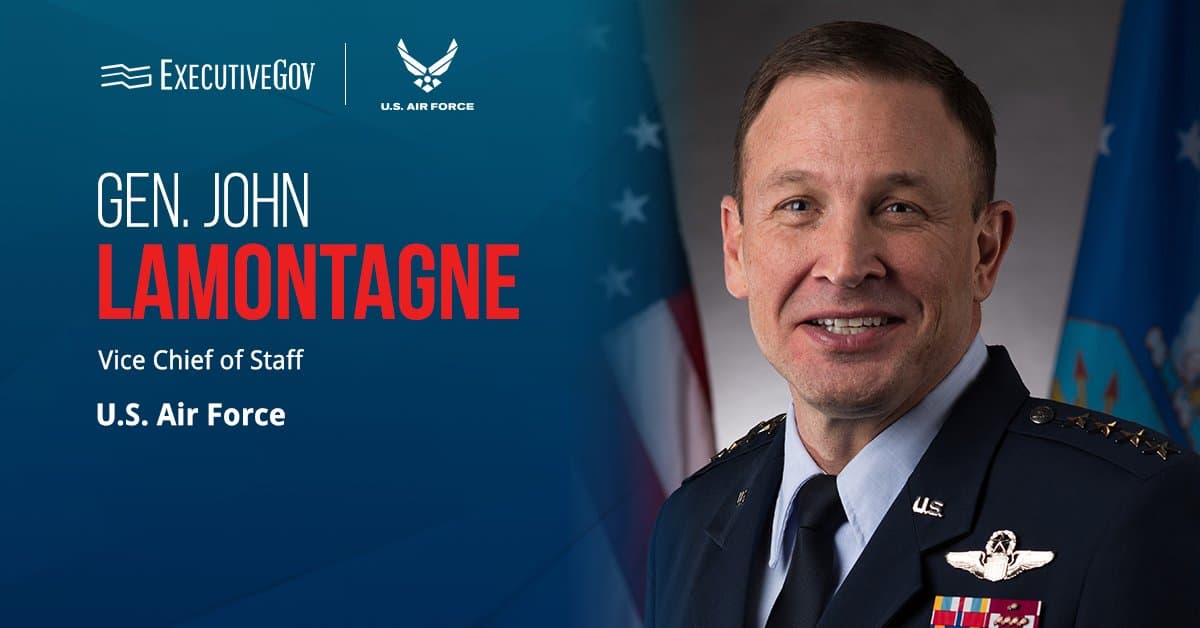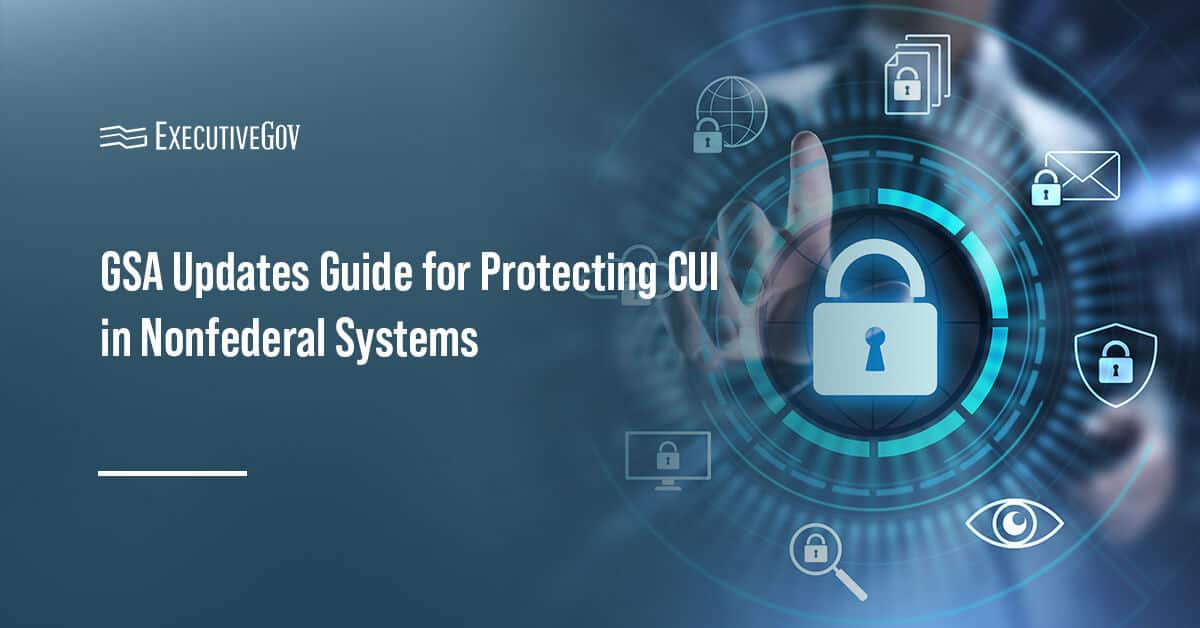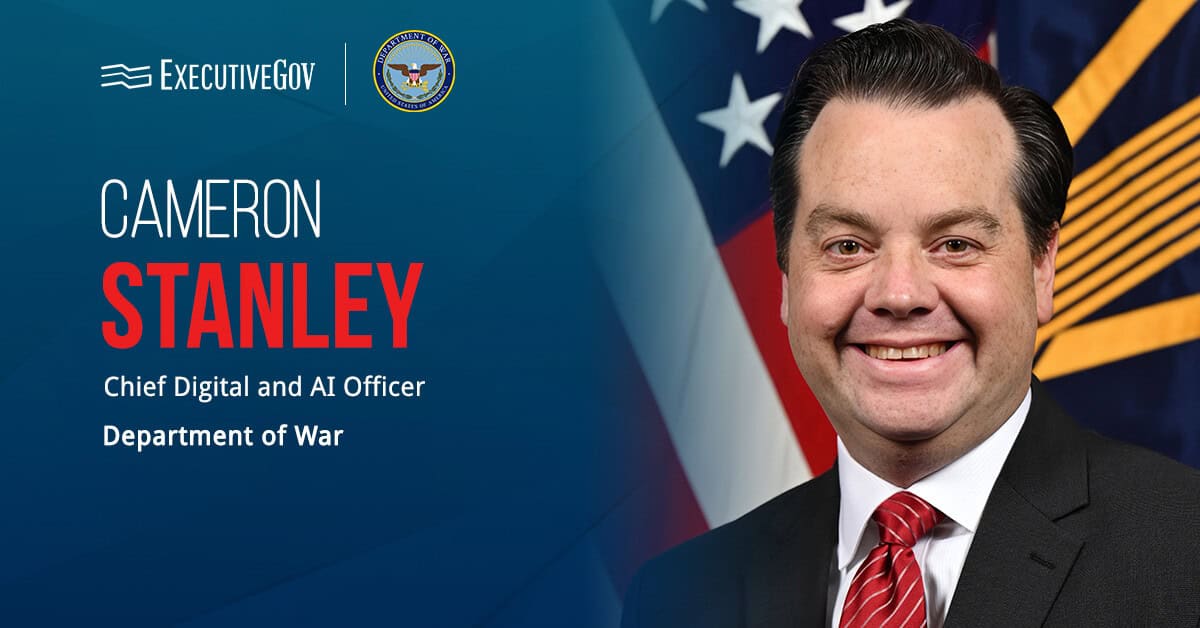Researchers from the National Institute of Standards and Technology and various international organizations published a paper in October proposing a new cognitive network that is 500 times faster than 5G.
The paper presented a theoretical 6G network that could send data at any time and place with their semantic meaning intact, as well as adjust according to each user’s demands, NIST said Wednesday.
The “6G Cognitive Information Theory: A Mailbox Perspective” paper explained that a 6G network must use intelligent applications and artificial intelligence technologies to become distributed, proactive and cognitive.
According to the document, a different study shows that technologies enabling 6G for mobile communications would enter the market as early as 2023 and the network itself will emerge in 2030.





